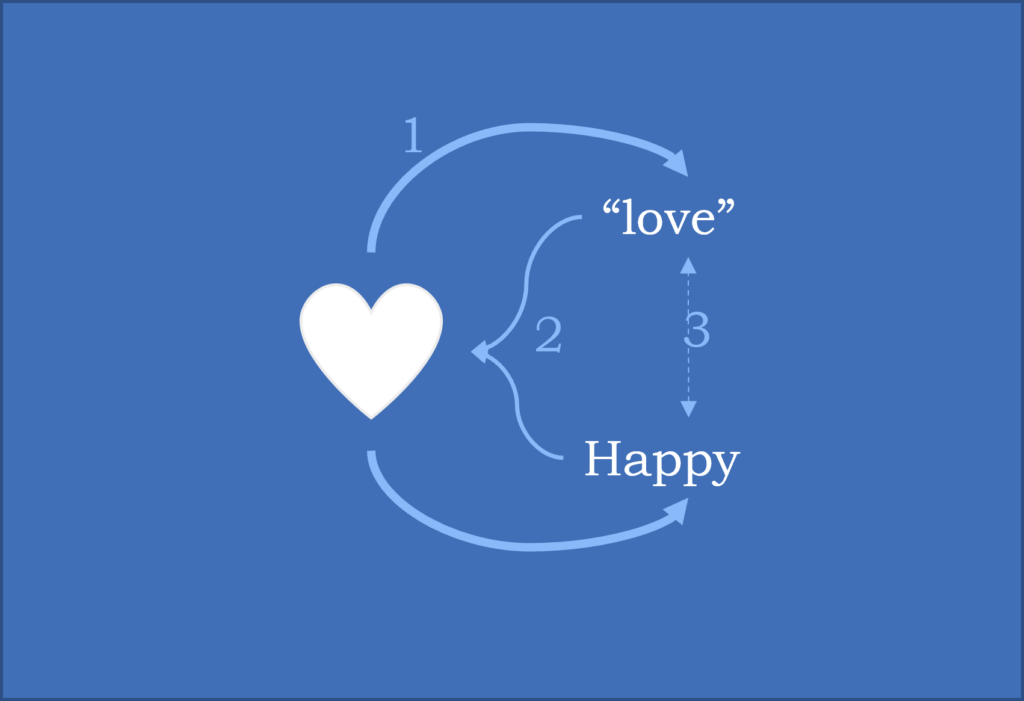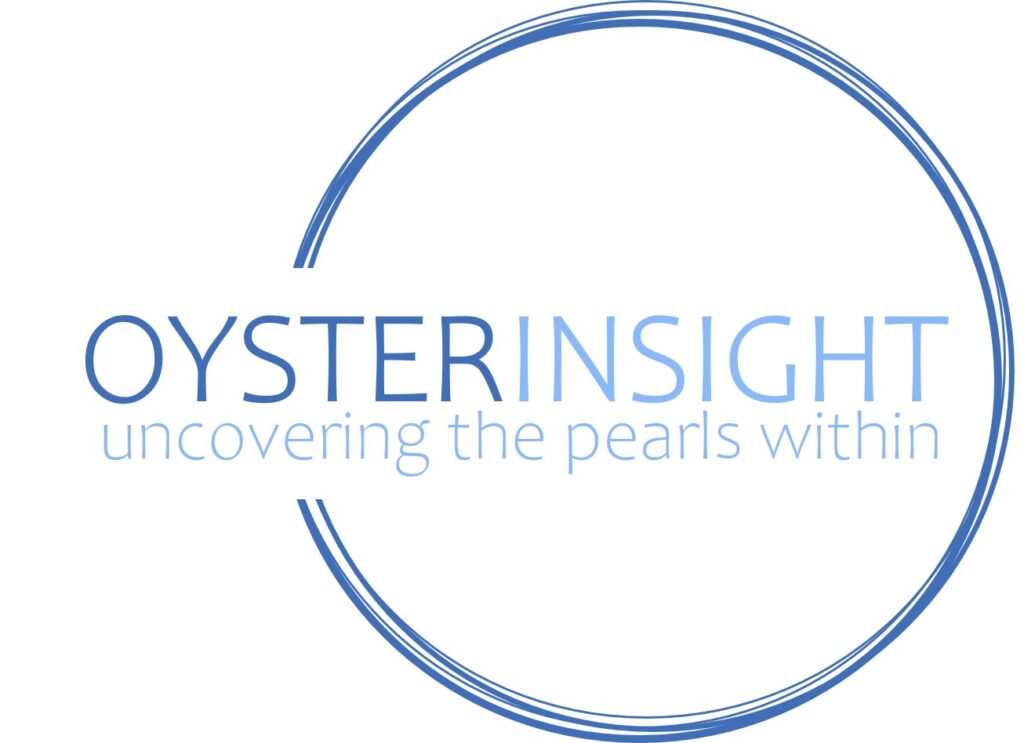Naming “Things”
Palantir, a tech company named after mystical seeing stones in the Lord of the Rings trilogy, encouraged work teams to name their development projects, with creatives making unique logos and t-shirts for every project that were displayed around the office.
People name boats and some people even name their cars. Couples are even coming up with #hashtags for their weddings, often using puns based on their names.

The military has long had names for operations, like Operation Overlord, Operation Red Dawn, and Operation Magic Carpet. Banks have names for M&A deals, with the most popular themes being places, nature and space. During the current Kroger/Albertsons negotiations, they were referred to as Kettle and Acorn.
My children invented the word, “buchenago” which meant whatever they wanted it to each day.
Why do we want to name things, and what good does it do?
Linguistic Species
Humans are a linguistic species. And we think relationally in our language, in that we can substitute an object or a feeling for a word – we can “relate” a feeling to both an object and a word. According to Harari in his 2015 “Sapiens: A Brief History of Humankind,” it’s our ability to name abstract things that exist purely in our own imagination, like gods, money, states, feelings and thoughts, that has led us to become the dominant species on the planet. Read more about

Many are familiar with this concept through branding. When a brand is intentionally created, the brand qualities, value and story are represented by the simplified logo. Nike has its swoosh, which generates a specific reaction to investors, manufacturers, athletes, teens, mothers, and others. Likewise, the Apple icon and the McDonald’s golden arches generate different reactions for different audiences.
Because of our innate linguistic ability, the benefits of naming are not restricted solely to well-funded brands.
The Power of a Name
How can we intentionally leverage this innate ability to not just be the dominant species on earth, but also to reach the “rapture of being alive”?
Names can inspire and motivate. They can indicate tone and intent. They can help humanize an abstract thing. They create a sense of identity, making something concrete and specific and, in so doing, set boundaries and limits. As Brené Brown puts it, naming things de-powers them, and powers us.
Name it to Frame It

When I started this business, I intentionally decided NOT to name it “Coach Molly” or “Wilmer Coaching” so that I could take advantage of the extra layers of meaning that something other than my name can bring. Would you rather work toward “Vision 2025” or “Reinventing Customer Service” or even “Customer Delight Revolution”? Would you enjoy planning for the “Water and Wheel Second Act Strategy” rather than the “Retirement Plan”?
Examples::
- Business launches (products, services, locations, etc.)
- Project Teams
- Immediate and Future Goals
- Strategic Plans
Name it to Tame it
Sometimes, we try to avoid facing difficult things, whether it’s a crisis, a fear, or trying something new. In the Harry Potter series, there is a character described as “‘the one who shall not be named.” It suggests that his name is too powerful and dangerous to be spoken aloud, and it is a way of showing respect and fear towards him. By using his name, it reduces the fear. Giving things a name (and using them) gives us the power to begin to tackle it.
Examples

- A crisis, like an illness, a takeover, or a response to a pandemic.
- A recurring nightmare.
- Anxieties and fears.
- An initial foray into a new area, like the first product launch, a job switch into a new career, exploring a new hobby, or your largest (to-date) real estate transaction.
Whether you are “taming it” or “framing it,” what in your life needs a name?



